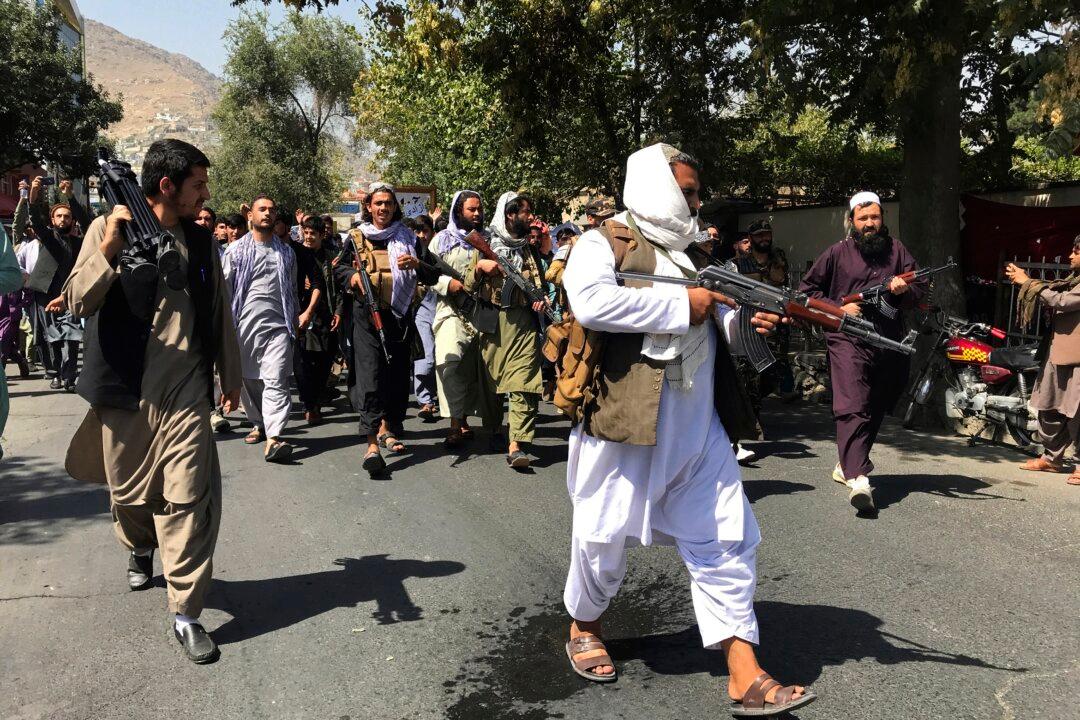A photojournalist who was detained for 23 days by the Taliban after he covered a women’s protest against the terrorist group has been released, a close friend of the 21-year-old confirmed in an interview with The Epoch Times.
Freelance photographer Morteza Samadi, 21, was arrested by the Taliban on Sept. 7 after he covered a protest in the western city of Herat. He was, according to fellow freelance photojournalist Massoud Hossaini, accused by the Islamic terrorist group of “spying” and of encouraging people on his Facebook page to stand up to the Taliban.





